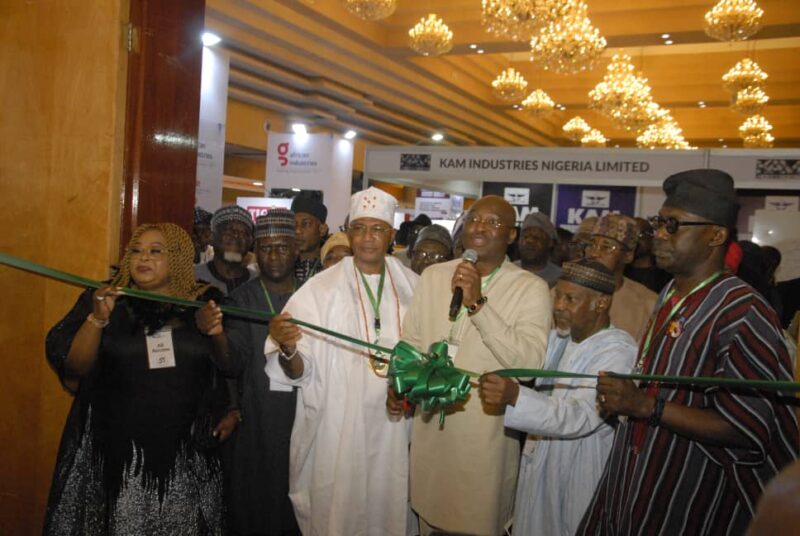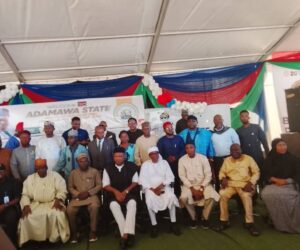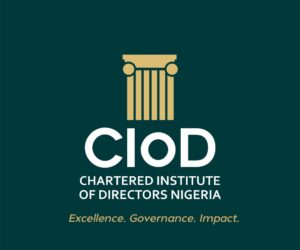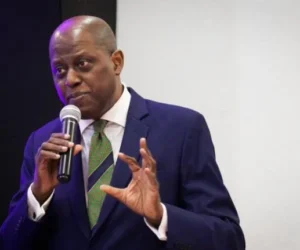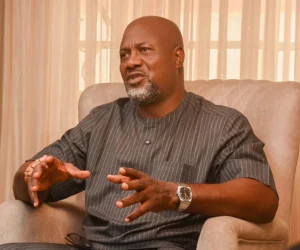By Rukayat Moisemhe
The United Nations Industrial Development Organisation (UNIDO) has hinged the success of the Nigeria First policy on deliberate, coherent and coordinated action.
Amb. Philbert Johnson, UNIDO Representative to Nigeria and Economic Community of West African States (ECOWAS), said this on Tuesday in Lagos.
Speaking at the 53rd Annual General Meeting of the Manufacturers Association of Nigeria (MAN), Johnson described industrial transformation as a shared responsibility.
The event also serves as a three-day Made-in-Nigeria Exhibition to foster economic growth and development through creativity, innovation and resilience.
The UNIDO representative stated that the call to “Prioritise Patronage of Made-in-Nigeria” must go beyond theatrics and patriotic sentiment.
He noted that no country industrialised without first industrialising its mindset and deliberately cultivating domestic demand for locally produced goods.
Johnson said to reverse the shrinking contribution of the manufacturing contribution to the country’s Gross Domestic Product (GDP), interventions must be sound, deliberate, coherent and coordinated.
“The interventions must cut across four interlinked drivers of competitiveness which are infrastructure and energy reliability, access to finance, skills and technology and market access and trade facilitation.
“As President Bola Tinubu’s Nigeria first policy offers a clear pathway to scale domestic patronage of Nigerian products and service, UNIDO strongly supports MAN’s advocacy for stronger local procurement frameworks.
“Government must provide the enabling policy and infrastructure, private sector must continue to innovate and invest while development partners like UNIDO will continue to provide technical expertise, global best practices, and catalytic funding support,” he said.
President, MAN, Otunba Francis Meshioye, noted that the Made-in-Nigeria Exhibition (MiNE) event served as a mirror that reflects manufacturers’ accomplishments, ambitions and resilience.
He said the patronage of made in Nigeria products was a rallying call that spoke directly to the country’s economic survival and long-term transformation, given current economic conditions.
Meshioye noted that the figures from the rebased GDP, published by the National Bureau of Statistics, showed that industry’s share of GDP declined from 27.65 per cent in the 2010 base year to 21.08 per cent under the 2019 rebased structure.
He said the development was troubling, signalling a troubling shift from production to consumption, and from production to services and informal value creation.
“If we are to build a resilient, inclusive, and forward-looking economy that investors will have confidence in, we must re-industrialise, and that process must begin with deliberate support for local manufacturers.
“The “Nigeria First” agenda is not about closing our doors to the world; it is about opening the right doors to Nigerian-made solutions, Nigerian jobs, and Nigerian ingenuity.
“Every industrialised country in the world today began its journey by nurturing local content and leveraging public and private procurement as an avenue for galvanising scale production and economic development and Nigeria must not go the opposite direction,” he said.
The MAN president added that Nigeria, as a matter of urgency, must institutionalise mechanisms that prioritise Made-in-Nigeria products in government contracts, public spending, and private-sector procurement.
He stated that existing Executive Orders—including 003 and 005—must be aligned with the Nigeria First Policy and fully implemented, enforced and monitored.
Meshioye stressed that there must be consequences for non-compliance, while also eliminating the prevalence of selective compliance.
“Now is the time to create the policy framework for transitioning the Nigeria First Policy from executive pronouncements to legislative imperative and ultimately to unfettered and bold implementation.
“We cannot continue to allow policy inertia to undermine our development potential.
“We must also establish a functional, independent compliance agency tasked with auditing patronage levels, recommending corrective action, and publicly disclosing performance across Ministries, Departments and Agencies of government,” he said.
Meshioye said manufacturers would continue to deepen its engagement with government to shape reforms in infrastructure development, tax policy, industrial financing, and trade facilitation.
He stated that the association was also investing in partnerships that will enable technology upgrade, skills development, and regional market access under the African Continental Free Trade Area (AfCFTA).(NAN)(www.nannews.ng)
Edited by Chinyere Joel-Nwokeoma

